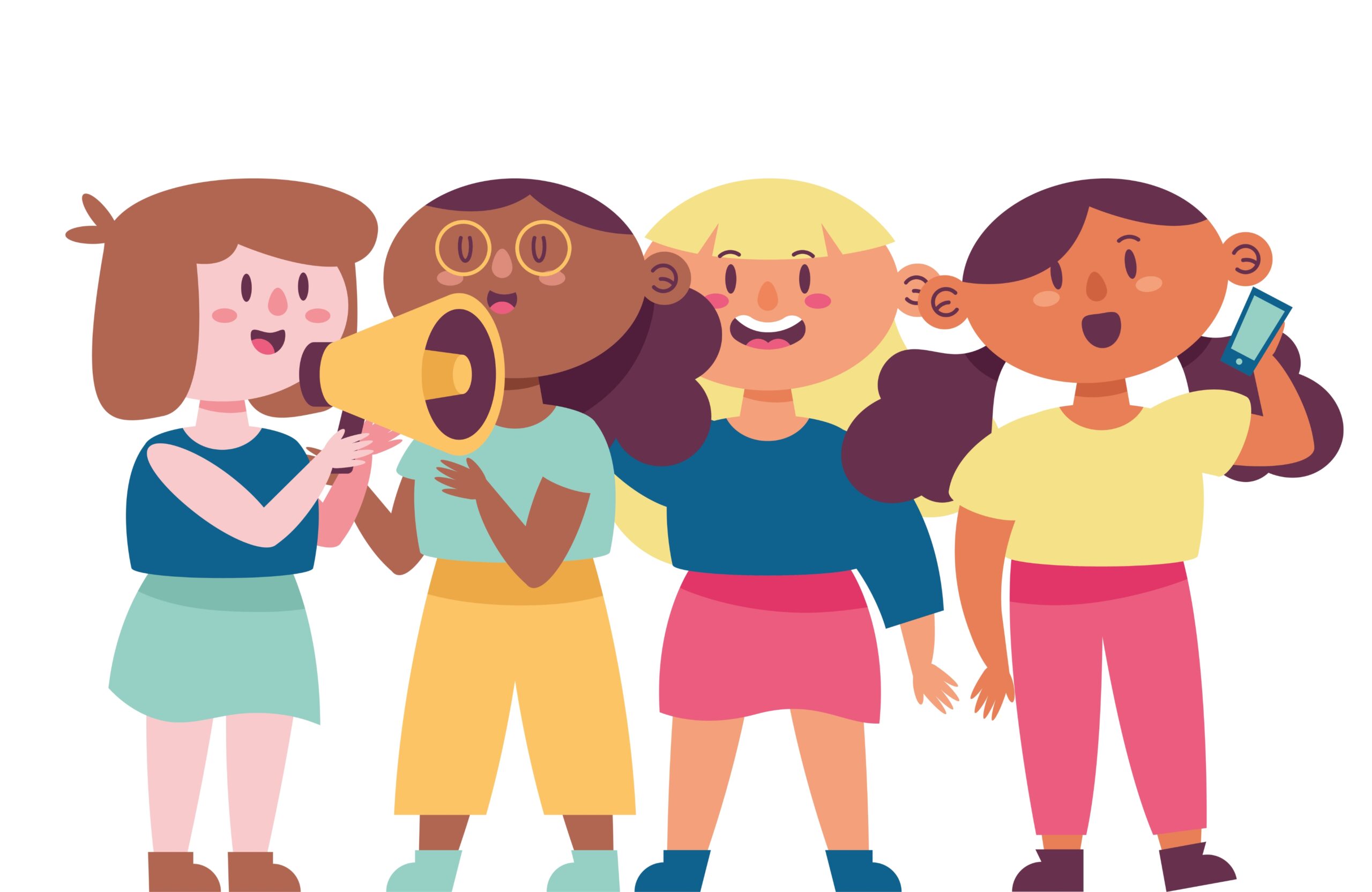Humans today are driven by competition and individualism. The hunger for success, reaching targets, and fulfilling goals often leads people to forget that profoundly ingrained characteristic of humanity, “Altruism.” Altruism isn’t displayed by all and sundry today; However, it lies embedded in the psyche of every average human, being a natural trait of evolutionary behavior to help one’s fellow human being. Humans have the potential for negative and positive characteristics; how we are shaped and influenced in our formative years brings out the best or worst in us. Thus, it is unacceptable to say that altruism, or concern for others, is an acquired value; it is just like every other discovery on the planet. We either find it within ourselves and nurture it, or we bury it for selfish gain. That is the choice echoed in the words of Martin Luther King. In this article, you will understand altruistic psychology and how to cultivate altruism in life.
“Every man must decide whether he will walk in the light of creative altruism or in the darkness of destructive selfishness.” —Martin Luther King, Jr.
Altruism Definition: What is Altruism?
Altruism makes us human; it is helping others without expecting anything in return. Altruists exist without boundaries, transcending cultural and social norms, and practice a virtue that embodies a universal connection with humanity and the universe and stems from gratitude towards life. Altruism isn’t out of obligation but from the willful desire to do good, be kind, practice compassion, and show empathy for others. It is acting for the well-being of others. Being altruistic is a reward, especially when you learn what it means to understand the gift of giving and the happiness obtained by it.
Types of Altruism
As surprising as it sounds, even doing good has psychological markers, with humans driven to altruism for various reasons. Here are the main types of altruism
- Kin Altruism: Altruism is observed among close relatives. It involves unselfishly supporting family members, even at personal cost and sacrifice. Kin altruism was explained as a concept in evolutionary biology by evolutionary biologist William D. Hamilton. The idea is by helping kin, individuals indirectly promote the survival and reproduction of their genes.
- Reciprocal Altruism: Reciprocal altruism is practiced by individuals who believe that by helping others, they too will receive assistance in future. It’s the same as saying, “You scratch my back, and I’ll scratch yours.” Reciprocal Altruism is often seen in social animals and human societies, where cooperation leads to mutual benefits over time.
- Pure Altruism: Pure Altruism can also be defined as psychological altruism characterized by completely selfless acts of kindness with no expectation of personal gain or reward. Pure altruism is motivated solely by empathy, compassion, and the desire to make a positive difference in someone else’s life.
- Cultural Group Altruism: Also called indirect altruism, it involves altruistic behavior that benefits a group or community without providing immediate benefits to the individual.
- Effective Altruism: The new age concept of altruism has coined by team members, “Giving What We Can” as a phrase to define prioritizing acts of altruism in areas most needed and to help others as much as possible.
The Benefits of Altruism
Modern science has researched what creates altruistic meaning in human lives and has found incredible evidence of the benefits of altruism.
- Improves mental health and well-being: Studies using brain imaging techniques have shown that acts of kindness activate the brain’s reward centers, releasing “feel-good” chemicals like dopamine and oxytocin. Simply put, altruism is wired into our psyche; helping others makes you experience pleasure, happiness, and a sense of well-being.
- Improves health: Altruistic nature has been shown to improve physical health in several ways. Altruistic acts and volunteering to help others have been linked to better overall health and longevity.
- Improves relationships: Studies have found that compassionate people are better at relationships and work on issues better. Kindness and empathy are essential qualities every human seeks in a partner.
- Removes negativity: Altruistic behavior is the only pathway to eliminating the negative emotions of seeing someone distressed. We might just show indifference to the plight of a human or animal, but that will impact your emotions for a while or even give you a sleepless night of regret. Children taught empathy in life tend to exhibit a higher sense of altruistic behavior than adults.
- Reduced Stress: Altruistic behavior has been associated with reduced stress and has been shown to promote relaxation. Focusing on the needs of others helps people shift their attention away from their worries and problems.
7 Ways to Foster Altruism
How often has it been said that kindness can impact countless lives and influence people to act likewise? Altruism will undoubtedly lead to a more compassionate and harmonious society, but one needs to know how to cultivate it.
1. Practice Empathy
Try to understand others, put yourself in people’s shoes, and think about how you would feel facing their problems. Looking at the perspective of others can enhance your capacity for empathy and drive you to help in meaningful ways.
2. Take Gradual Steps
You don’t need to go on a giving spree or perform grand gestures. Instead, being altruistic within your means is as generous as it gets. Try helping a neighbor with groceries, and as they say, “charity begins at home,” help a parent out with household chores to lighten their load. Help a colleague at work, or pay them a compliment.
3. Engage in Voluntary Work
Find a local NGO or organization that aligns with your interests and skills. It could be a nursing home, an orphanage or a school program teaching underprivileged kids. The satisfaction of helping the community is amazing. It also helps you connect with like-minded people, and that’s your dose of positivity right there.
4. Make Donations
Donate to charity if possible and within your means, especially those that resonate with your emotions the most. It could be childcare, animal care, or organizations that deal with the poor and needy. Donations can be in kind, too; you’ll be surprised how blankets, clothes, and school supplies are always needed.
5. Embrace Altruistic Actions in Your Daily
Helping an elderly person cross the road, caring for a sick neighbor, offering to tutor a poor child, helping friends in emotional crisis, helping a colleague. There are countless ways you can perform acts of kindness, and it just makes you a fantastic person, and you’re going to feel good about yourself too. Altruism works wonders for fulfilment and self-esteem.
6. Practice Mindfulness
Mindfulness is a practice that complements every aspect of positive behavior. Being mindful of your life, social surroundings, and environment helps you notice where acts of altruism are needed, such as a neighbor’s plant that needs watering or a homeless person you have never noticed.
7. Set an Example for Others
When you cultivate Altruism and practice it, you inspire others to do the same. Your kindness creates a ripple effect, motivating others to be compassionate and kind.
Altruism in psychology motivates a person to exhibit a profound expression of humanity. Cultivating altruism is neither complicated nor easy; it is a choice. Altruism teaches us how social beings are connected in the fabric of existence. Embracing altruism enables us to tap into a well of goodness and contribute to a more compassionate and united existence. It is an exaltation of the human spirit.
















